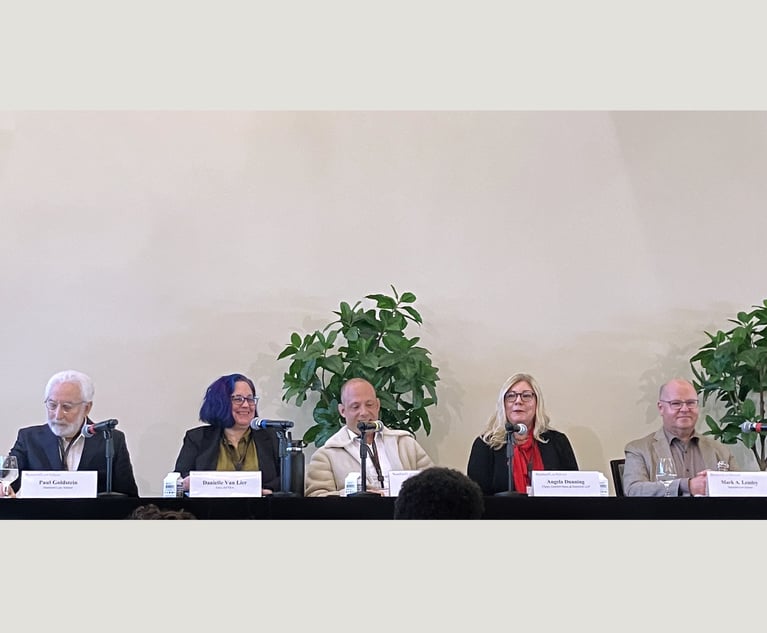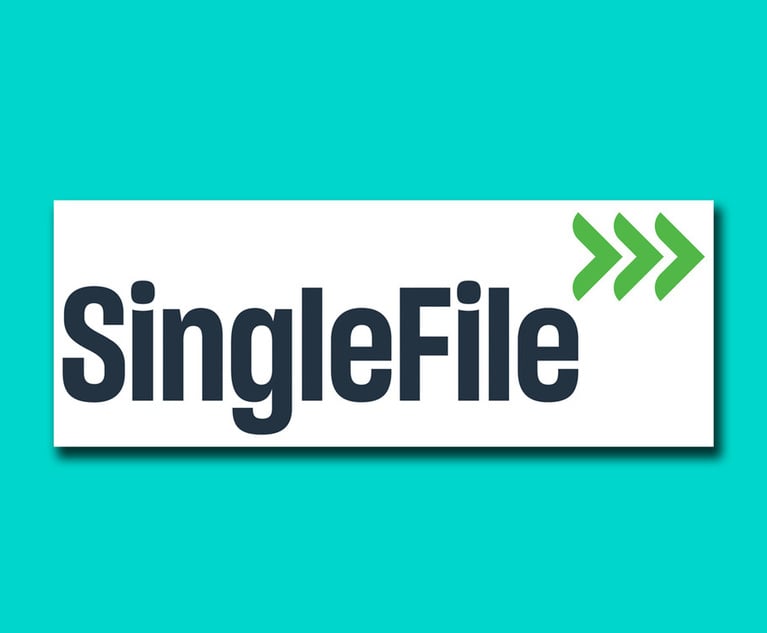Nearly two months after the U.S. Supreme Court’s draft opinion in Dobbs v. Jackson Women’s Health Organization was leaked, the final ruling came June 24: “The Constitution does not confer a right to abortion; Roe and Casey are overruled; and the authority to regulate abortion is returned to the people and their elected representatives,” the decision states.
To be sure, some privacy attorneys had already begun preparations since the leak, creating rubrics of the new ways in which pregnant peoples’ data would be collected and commodified—from geofencing to biometrics to period tracking apps—should Roe v. Wade be overturned. Now, many are also stressing the importance of educating businesses and individuals on how to protect themselves from a digital landscape that, as it stands, offers consumers little autonomy over their data.


 Credit: valerybrozhinsky/Adobe Stock
Credit: valerybrozhinsky/Adobe Stock





